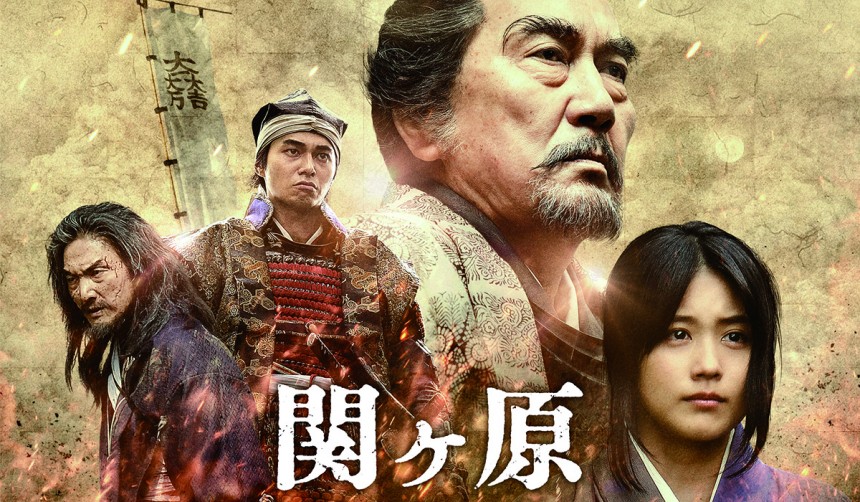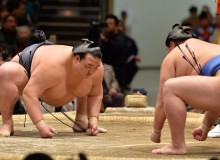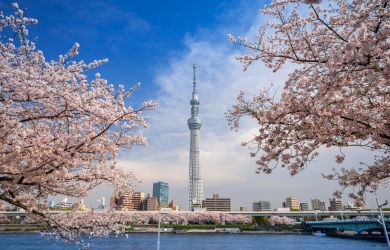
Director Masato Harada has had a long and varied career. The 68-year-old is possibly Japan’s only truly bilingual director and his career has spanned indie classics and mainstream hits. Harada’s ‘90s work includes the inventive pics Kamikaze Taxi (1995) and Bounce Ko Gals (1997). The former featured a main character who was not raised in Japan and the latter concentrated on high school girls using sex for business. Both films caught the zeitgeist of the era and established Harada’s position as a director who had his finger on the pulse of Japan. His thriller set in the business world, Jubaku: Spellbound (1999), won numerous awards and adventure flick Climber’s High (2008) was a blockbuster hit, fortifying his standing as a bankable creator.
Now Harada is back with a jidaigeki (period piece) about one of Japan’s most famous historical battles, at the eponymous Sekigahara. This momentous event essentially ended the Sengoku (Warring States) Period of Japanese history and united the country in the Edo Period. The conventional retelling is that Mitsunari Ishida (played by Junichi Okada) was a by-the-book bureaucrat who was upset with the less-conservative Shogun Ieyasu Tokugawa (Koji Yakusho). But Harada’s version casts Tokugawa as the evil overlord and Ishida fighting for justice and self-determination, which diverges significantly from established history.
Harada seems intent on educating as well as entertaining. The flick starts hours before the great battle but soon flashes back decades to set up the major characters and the conflict. Ishida is portrayed as the moral backbone of the empire and the shoguns as ruthless political opportunists. The story introduces fictional characters, notably a female ninja named Hatsume (Kasumi Arimura) whose life Ishida saves. Later, she is sent to spy on him but the two develop an unconsummated romantic bond. Everything leads inevitably to the big battle and this is where Harada excels. The fight scenes are chaotic, messy and brutal, as they would have been in real life. The defeat of Ishida and his well-known escape, rather than dying on the battlefield, are quietly heroic.
In all, the two-and-a-half-hour pic carries the viewer along, but is neither deeply compelling as a drama nor exciting as an action movie. Rather, this is an idealized version of Japanese history, one more distinctly focused on justice and exposing the abuse of power. In that way, Harada is making a comment on current Japanese society.
(Roppongi Hills Toho Cinemas will have 1 screening a day with English subtitles, check online for schedule; 149 min.)





